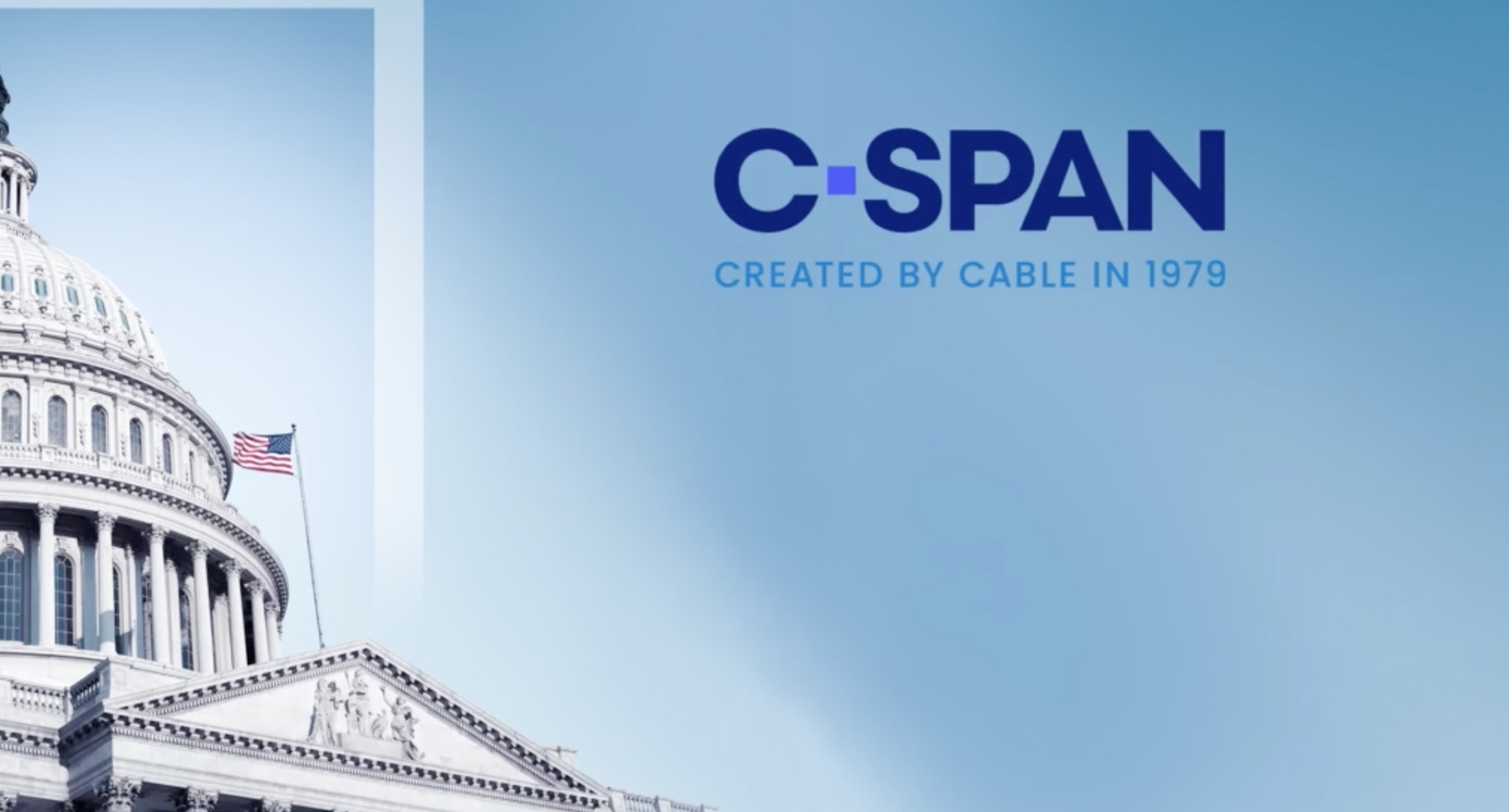C-SPAN Offers Buyouts to 100-Plus Staffers
Cites need to be 'leaner and quicker'
The smarter way to stay on top of the multichannel video marketplace. Sign up below.
You are now subscribed
Your newsletter sign-up was successful

Facing the same financial challenges as its commercial counterparts, C-SPAN has confirmed that for the first time in its history it is offering buyouts to long-tenured staffers.
"C-SPAN faces the same strategic business challenges that are disrupting for-profit cable networks [who help fund C-SPAN], the decline of traditional video subscribers--C-SPAN's primary source of revenue--and changing media consumption habits," the network said in a statement. "Together, these trends make it necessary for C-SPAN to retool to be leaner and quicker to adapt.
"Regrettably, this evolution includes staff reductions, the most difficult aspect of our belt-tightening measures. With the support and guidance of our board of directors, C-SPAN is working to optimize efficiencies and effectiveness. Our aim is to secure an ongoing role for C-SPAN's unique journalism that serves traditional linear audiences as well as our growing digital audiences."
Also Read: C-SPAN Re-Works Its Monetization Model
Because many of the staffers at the public affairs networks have made a career out of providing access to the workings of government, the pool of eligible staffers topped 100.
A spokesperson would not say how many people have elected to take the buyout--that number has not yet been set--or comment on reports that political editor Steve Scully, who was suspended last fall after making up a story about his Twitter account being hacked, was among those taking the "voluntary separation opportunity."
The spokesperson did say that the final number would be "far fewer" than the overall eligibility pool, and that C-SPAN is also making some strategic hires.
The smarter way to stay on top of the multichannel video marketplace. Sign up below.
As to Scully's departure, C-SPAN said: "[W]e will not comment on any individual personnel matter except to say that we will certainly miss every colleague who departs as a result of this process."
After watching per-subscriber affiliate fees fall faster than projected, C-SPAN last fall begun moving to an ad-supported — or at least ad-aided — model on its online platforms, which includes social media channels, podcasts and the website.
Also Read: C-SPAN Will Gavel in More History
C-SPAN wasn’t looking to become a for-profit venture, just a nonprofit better able to cover operational costs in a world where it is becoming harder to monetize traditional channels reliant only on dwindling license fees. It’s a tough time for a lot of programmers, but with affiliate fees as its main source of revenue — there are some licensing revenues — C-SPAN was particularly affected.
Contributing editor John Eggerton has been an editor and/or writer on media regulation, legislation and policy for over four decades, including covering the FCC, FTC, Congress, the major media trade associations, and the federal courts. In addition to Multichannel News and Broadcasting + Cable, his work has appeared in Radio World, TV Technology, TV Fax, This Week in Consumer Electronics, Variety and the Encyclopedia Britannica.

